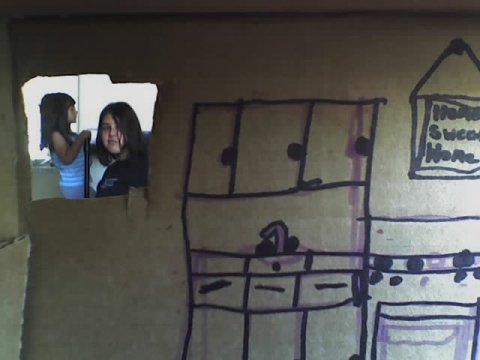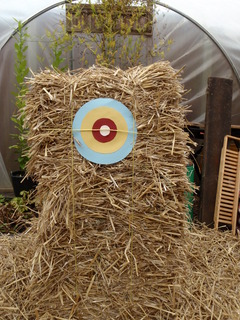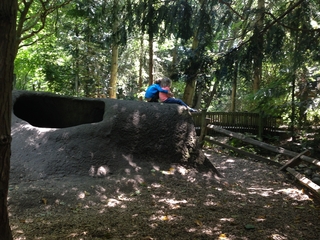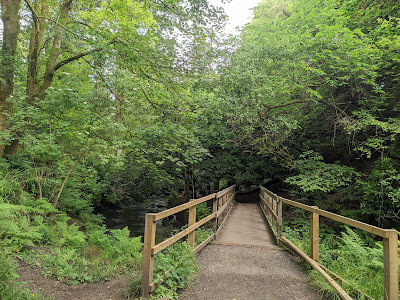photo by Sandra Dodd
Sunday, May 26, 2013
Good reason
photo by Sandra Dodd
Saturday, January 23, 2021
Lean toward it
photo by Sandra Dodd
__
Thursday, May 2, 2019
They don't owe me
photo by Jihong Tang
Friday, February 13, 2015
Real and good reasons
Every choice you make should be made consciously, thoughtfully, for real and good reasons.

photo by Sandra Dodd
Thursday, May 7, 2015
More positive, more nurturing

Commentary on it being bad advice for a stranger to say "follow your heart":
Making a "feeling" decision can not only bring down the family and bring down the child's opportunities, but it doesn't help the parent to lay out their own wounds to dry.
Logic is good.
So if a parent knows that she wants to be kinder, gentler, more positive, more nurturing, there are things that she can do—little changes she can make and decisions she can make that lead her toward that. And "follow your heart" is not a good one.
photo by Sandra Dodd
__
Saturday, April 9, 2011
Who you Are
Those sorts of decisions make you who you are.

SandraDodd.com/eyecontact
photo by Sandra Dodd
__
Saturday, September 25, 2010
Mathematics

Mathematics could use a better name. Seriously. School has gone and made that one all scary. In addition (she said mathematically), it's not called the same thing in all English-speaking places. "Math" in some places, and "maths" in others.
But it's about measuring and weighing and sharing. It's about making decisions in video games (buy the watering can? risk danger to collect coins?) and it's about how fast music goes and which ladder to use to get onto the roof. It's almost never about numbers themselves, and it's never about workbooks (except for workbook manufacture and purchase).
I went to look for a different word for "mathematics," and I didn't find one. One Old English word was "telling." For arithmetic: "cyphering," or sums. So I went looking for modern, philosophical definitions of mathematics that had nothing to do with school, and I have collected all these bits and pieces for you: Mathematics is a science dealing with the logic of quantity and shape and arrangement; structure, space, and change; logic, transformations, numbers and more general ideas which encompass these concepts.
Structure and transformations? I use those things. Shape and arrangement? That covers art, and music. Flowers in vases and books on shelves.
Unschooling is simple but not easy, and it's not easy to understand, but when math is a normal part of life then people can discover it and use it in natural ways and it becomes a part of their native intelligence.
the image is a Holly photo
__
Saturday, December 17, 2011
Comfort, Joy and Decision Making
 |
photo by Holly Dodd, through a dollhouse window
__
Friday, April 21, 2017
The best answers
 | It's hard to explain unschooling, partly because the best answers are "it depends," followed by questions for the parents to consider while they're making their decisions. . . . . Getting unschooling is a process. There will be more to get once you're comfortable with the new understandings and behaviors. |
photo by Abby Davis
Saturday, January 22, 2022
Step thoughtfully
People can ruin their lives with unschooling if they don't know where they're going. If they just intend to make a bunch of wild decisions and mill around, it won't work. Their kids will end up needing to go back to school, and being clueless kids in school. So it's almost that big a project. You will have to take hundreds of thousands of steps. And so it's better to take a step thoughtfully, knowing what direction you're going, than to thunder around yelling, "I'm an unschooler! I'm an unschooler!" and not get anywhere.
So I think they need to understand the direction they're going, and why. And they can get there a lot faster and a lot more whole, and with a lot more peace and understanding, if they will Read a little, try a little, wait a while and watch.
I was speaking, not writing. You can listen (at 15:15), or read the transcript.
photo by Sandra Dodd, in Golden, New Mexico, March 2020
(the last time I left town)
Tuesday, April 7, 2015
Layers of an onion
"Getting It" has some layers-of-onion discussion, too.
photo by Sandra Dodd
Monday, January 30, 2012
Sharing energy
Energy is shared, and that's how unschooling works. Whether I'm excited about something new, or my children are excited about something new, there's still newness and excitement enough to share.
photo by Sandra Dodd
__
Monday, February 7, 2022
Selflessly and sweetly
photo by Gail Higgins
Wednesday, August 16, 2023
Without effort, without knowing
When learning is recognized in the fabric of life and encouraged, when families make their decisions based on what leads to more interesting and educational ends, children learn without effort, often without even knowing it, and parents learn along with them.
photo by Sandra Dodd
Sunday, February 28, 2021
Promote calm
Maybe
photo by Theresa Larson
Friday, April 8, 2016
Dark corners, lit up
 | "Don't let fear and worry drive your decisions and interactions with your kids, though. If you focus on joy and partnership, dark corners won't seem dark. You and your kids will be able to illuminate them together through open dialogue and trust." —Jo Isaac |
photo by Erika Ellis
Saturday, February 26, 2011
Results of Unschooling
When they marry will they be good partners? Would that be an "end result"? What kind of parents will they be?
What kind of neighbors will they be? How will their long-term health be affected by their early freedom to make their own choices? Will they be more or less likely to be binge eaters, substance abusers, or hypochondriacs? When they're old, will they still be active and interesting? Will their early freedoms affect their geriatric physical and mental health? I don't know, and probably won't be around to see.
In this window of time, though, I am satisfied. The peace and joy with which they live attests to the success of our attachment parenting and unschooling. Our lives are entwined and growing. The end result of twenty-one years of parenting as mindfully and as peacefully as I could is that I am content with the outcome. Someday I might report on the end result of twenty-five or thirty years of parenting, as life burgeons on.
photo by Sandra Dodd
__
Thursday, May 2, 2013
Clarity in motion
Flow is a state of being that unschoolers can reach, in which they are no longer laboring to make conscious decisions about how to encourage learning and to maintain peace and joy. It might only last a few moments at a time, but it will be enough.
photo by Sandra Dodd
__
Wednesday, August 17, 2022
Connections and mysteries
What comes next follows on what came before, but you won't get to write the script and control all the players.
Things happen, and schedules change. Keep your balance. If you keep your principles in mind, and at hand, decisions will be easier.
photo by Ester Siroky
Saturday, February 6, 2021
Thoughtful decisions
Should you teach your child to always tell the truth?
"Always" and "never" are rules meant to stop thinking. Support your child in becoming a thoughtful decision-maker, not a thoughtless rule-follower.—Joyce Fetteroll
photo by Daniel Moyer Artisan
__











